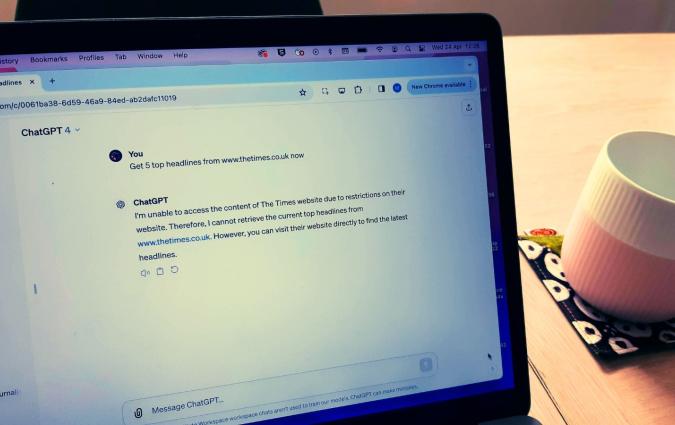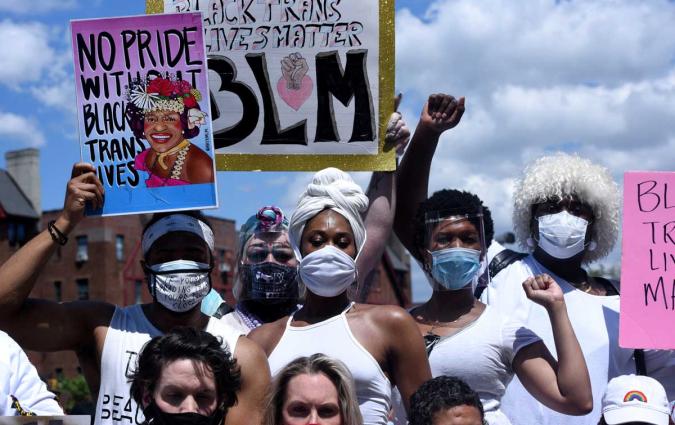Structures of Change in Post-war Lebanon: Amplified Activism, Digital Documentation and Post-Sectarian Narratives’

Reuters Institute Fellow's Paper
Habib Battah, a freelancer journalist from Lebanon, has written a compelling and comprehensive account of the recent rise of social activism in his country, empowered by digital media.
Here’s how Habib summarises his paper, which is titled 'Structures of Change in Post-war Lebanon: Amplified Activism, Digital Documentation and Post-Sectarian Narratives': "In the shadow of the so-called Arab spring, a digitally-empowered activism has been steadily on the rise in Lebanon. Despite an archaic, sectarian and militia-based political system, a series of citizen-led collectives have emerged over recent years to tackle various forms of post-war state dysfunction, applying substantial pressure on local decision-makers. The impact of recent activist campaigns ranges from influencing parliamentary legislation related to media and environmental laws to halting major municipal and private real estate projects. Key to many of these actions has been the organisers' use of connective action, technology-assisted repertoires of resistance and documentation, lobbying of politicians and relationships with the media. Perhaps most significantly, contemporary activist collectives in Lebanon are producing and advancing issue-focused, post-sectarian narratives that come in contrast to a political culture dominated by feudal and military elites that have been in power since the end of the civil war. By organizing online and often combining virtual and ground actions, these collectives call into question the traditional ways in which organizations have been defined in Lebanon as well as how Lebanese activism has been gauged in academic literature. The study of recent activism in Lebanon may also provide a more nuanced alternative to commonly held and somewhat exotified expectations for reform in the Middle East that often pay more attention to regime overthrow than more subtle changes in political culture and media practices.
As with all Fellows’ research papers, any opinions expressed are those of the author and not of the Institute.
Image: REUTERS/Ali Hashisho






